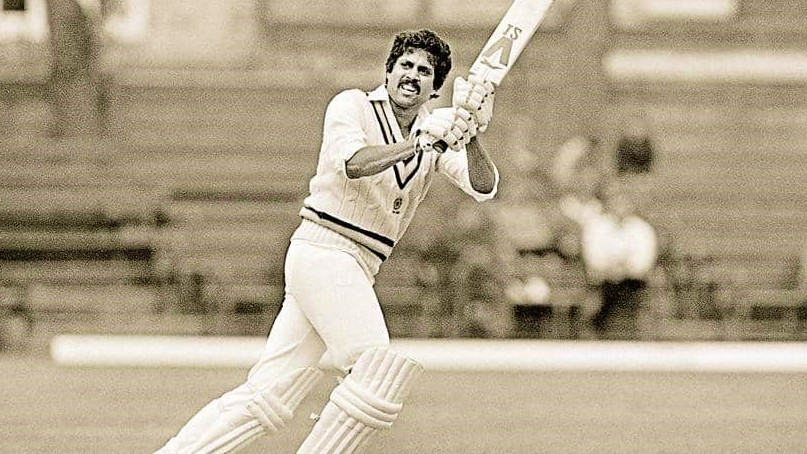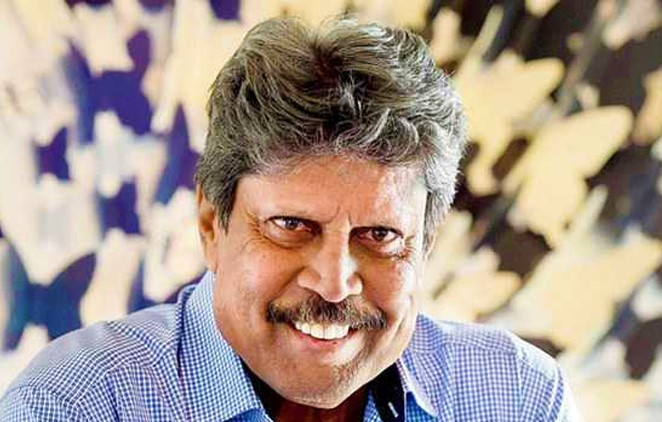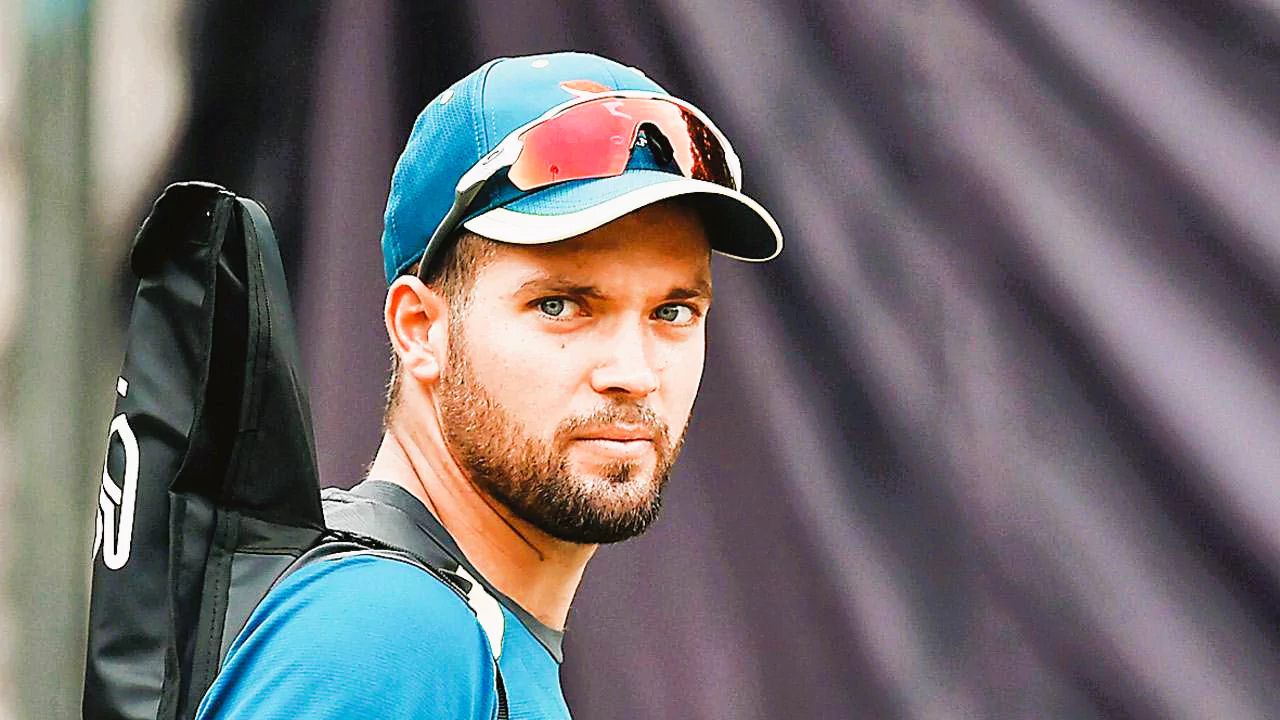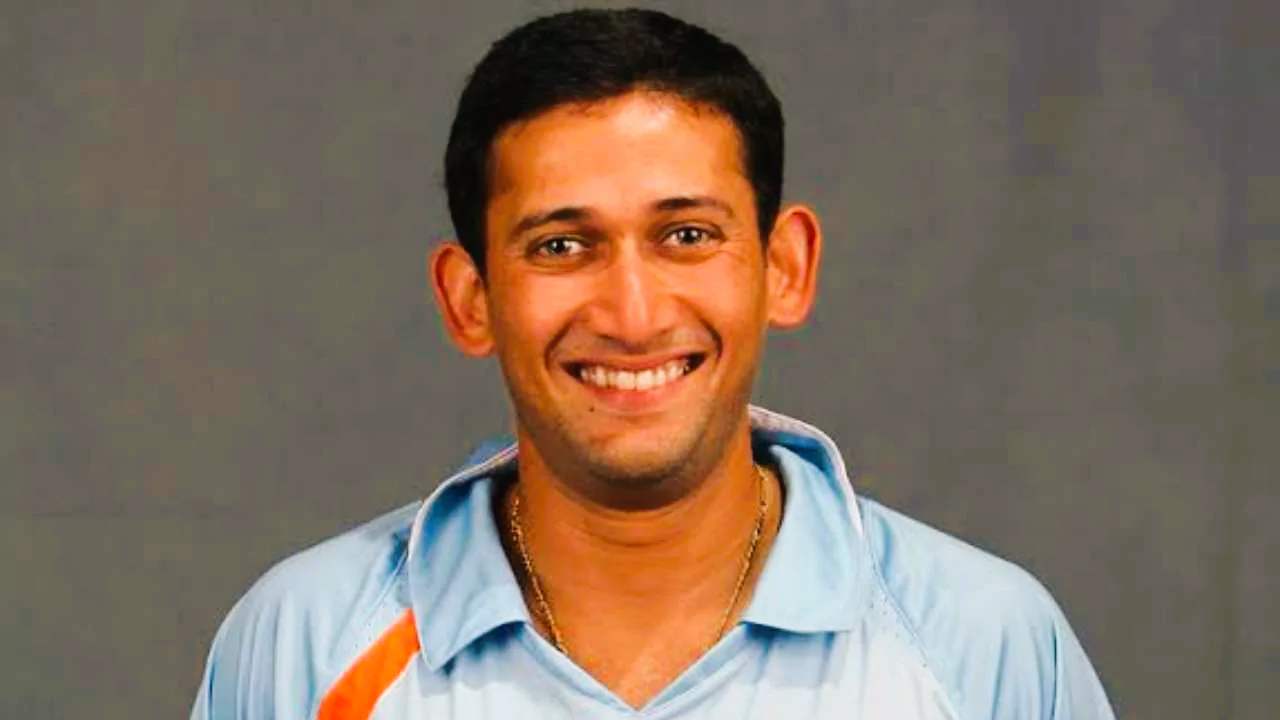Former Indian Cricketer Kapil Dev
Kapil Dev, aka Kapil Dev Ramlal Nikhanj, (born January 6, 1959 in Chandigarh, India), Indian cricketer and the greatest pace setter in his country’s history. He is the only cricketer to score more than 5,000 runs and take 400 wickets in Test cricket (international matches).
Kapil Dev: career in cricket
Kapil Dev made his first cricket match with Haryana against Punjab in November 1975. Haryana won the match and Kapil dev finished with 121 wickets in 30 matches. In the 1976-77 season, he played against Jammu and Kashmir. Haryana qualified for the quarterfinals but Bombay lost in the quarterfinals. In the 1977-78 season he played against duty and took 23 wickets in 4 matches. Dev was selected for the Irani Trophy, Duleep Trophy and Wills Trophy. In the season 1978–79, Kapil Dev appeared in the Irani Trophy where he scored 62 points and scored 8. His performance in the Duleep Trophy final was commendable. He earned a spot in the North Zone squad for the Deodhar Trophy and the Wills Trophy and played his first Test match of the season against Pakistan.
During the 1979-80 season, he scored the first century (193) for Delhi. He captained Haryana for the first time against Uttar Pradesh and took five wickets to reach the quarter-finals, but was beaten by Karnataka.
In the 1990-91 Ranji Trophy season, Chetan Sharma’s bowling and Amarjit Kaypee’s batting took Haryana to the semi-finals against Bengal, where Kapil Dev led the team to a score of 605 (Dev scored 141 with 5 wickets). The final round of this match against Bombay is still remembered as it featured many international cricketers. Team Haryana has Kapil Dev, Chetan Sharma, Ajay Jadeja and Vijay Yadav while Team Bombay has Sanjay Manjrekar, Vinod Kambli, Sachin Tendulkar, Dilip Vengsarkar, Chandrakant Pandit, Salil Ankola and Abey Kuruvilla. Haryana won the Finals in the only Ranji Trophy Championship where Dev played.
On October 16, 1978, Kapil Dev made his Test Cricket debut against Pakistan. He took a wicket from Sadiq Mohammad with his trademark off-spinner. He became famous as a pacer after scoring India’s fastest Test half-century in just 33 balls in the third Test match at the Karachi National Stadium. Despite their record, India won the match and the series by 2-0.
In the series, at Feroz Shah Kotla, Delhi, he scored his first Test century (126 from 124 balls) against West Indies and won 17 wickets by 33 runs. In the next series he scored 5 wickets against England but England won the match. He finished the series with 16 wickets and 45 runs. He made his ODI cricket debut during the Pakistan tour. His performances did not improve the performance of the Indian team in the 1979 Cricket World Cup. In the home series, Dev took 5 wickets against Australia. In that series, he took 28 wickets and scored 212 runs, including a half-century. This streak made him India’s fastest bowler. In the 6-Test series against Pakistan, he helped India win at the Wankhede Stadium, Bombay (by scoring 69 runs) and Chepauk, Madras (now Chennai), 10 wickets in the match (4/90 in the first innings and 7/56 in the second Inning and scored 84 runs off 98 balls). He set a record while playing the series to become the youngest Test player to achieve the double of 100 wickets and 1000 runs in 25 matches.
In 1980-81 on the Australian tour, despite injury, Dev played on the last day and India won the match. He also scored his first fifty in an ODI against New Zealand in Brisbane, Australia.
After an unsuccessful tour of New Zealand, Dev played the 1981-82 home series against England and India won the first Test by 5 wickets at the Wankhede Stadium in Bombay and won the man of the series. In 1982 at Lord’s in the series against England, he won the man of the series despite India winning the match. He scored 292 runs and took 10 wickets. After a disappointing tour against Pakistan, Kapil Dev replaced Sunil Gavaskar as the captain of the Indian cricket team.
During the West Indies tour, Gavaskar (90) and Dev (72) led India to 282 by 2 wickets in just 47 runs. The Indians won their tournament against the West Indies.
In the 1983 Cricket World Cup, Yashpal Sharma scored 89 runs while Roger Binny and Ravi Shastri took 3 wickets each. This led to West Indies’ first World Cup win. India defeated Zimbabwe and won the next two matches against Australia and West Indies. So, to reach the semi-finals, India will have to win against Australia and Zimbabwe

On June 18, 1983, at the Nevill Ground against Zimbabwe, Dev had a world record that stood for 27 years. He did not finish with 126 runs for the 9th wicket. The Indians won the game by 31 points.
India qualified for the semi-finals and defeated England. India defeated England and qualified for the final against West Indies. West Indies look forward to the tricky of the world’s cheat names. When viv Richards have been killing, he hurried to the Kapil Din arrested and deep when you returned for 20 yards.
It is one of the most beautiful catches in the history of the World Cup and was also a turning point in the 1983 World Cup final. The Antilles team was overthrown for 140 points while the India scored 183 points. After the World Cup, India hosted a Test and ODI series against West Indies and lost 3-0 and 5-0 respectively. After this, Gavaskar replaced Dev as captain in 1984. In March 1985, Kapil Dev was recalled and India won the Test series against England in 1986.
He also captained the Indian cricket team in the 1987 World Cup. India went to the half of England. Depilve retired in 1994. After resigning as India’s national cricket coach, Kapil Dev returned to cricket as a bowling consultant. In October 2006 he was appointed the president of the National Cricket Academy for 2 years. In May 2007, he joined the Indian Cricket League (ICL) as the Chairman of the Board. ICL was founded by Zee TV. In June 2007, BCCCI hunting money from all players join icl, including Capil Dev. At August 21, 2007, the Kapil Dev was removed from the ACACY Academy’s chair. This was a day after he addressed an official press conference of the new ICL. On July 25, 2012, he resigned from ICL and continued to support BCCI.



